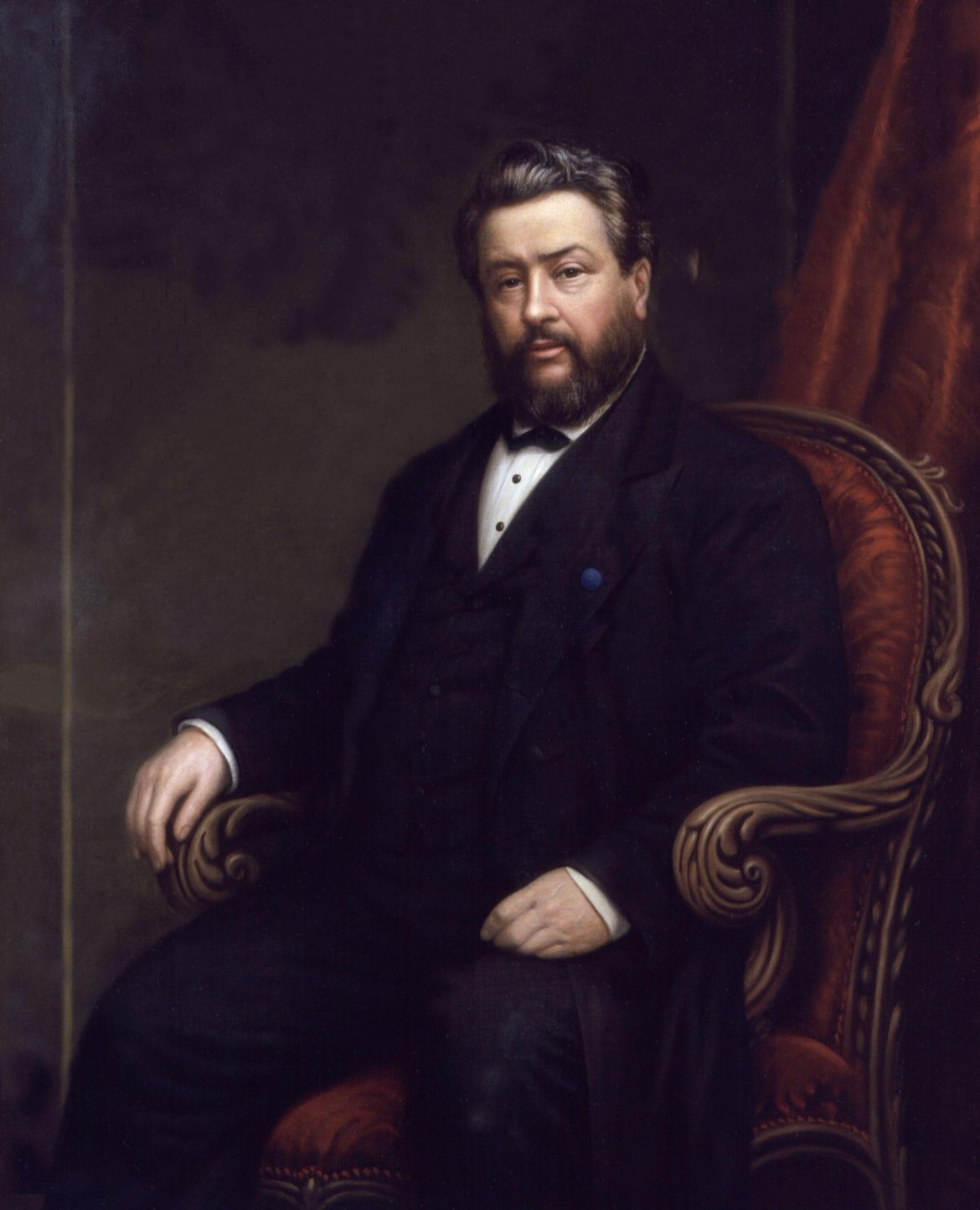The 19th century Baptist preacher, Charles Spurgeon, who battled depression (read this book for a fantastic look at both his life and his mood disorder), once said.
*****************************************************************************************************************************
“The strong are not always vigorous, the wise not always ready, the brave not always courageous, and the joyous not always happy.”
*****************************************************************************************************************************
Two things on this.
One, we know this mirrors both Jesus’ and Paul’s teaching.
Jesus, who often subverted the human conception of things, always spoke of the small and weak in terms of the great and first, and of course, Paul spoke frequently of how his weakness was, paradoxically, his strength.
Humans idolize a different kind of strength.
But the strongest people I’ve known are the ones who get up, day after day, being called “weak” and thinking of themselves as weak.
It’s much easier to live our lives when people call us strong. Imagine pushing through when others call you weak. That’s true strength.
Second, Spurgeon’s comment is a call to humility, above all else.
Let’s say we consider ourselves “strong,” or wise, and the world even applauds us as such.
But we won’t always be those things, because God alone is strong and wise, and any strength or wisdom we might have is pure grace.
If you’re one of the mentally strong ones, it was purely a gift. If you’re wise, that was a gift, too.
When we see that, then we can’t be anything but humble, because we know that God could withdraw both in an instance (and often has).
So, as Paul, says, “What right do we have to boast?”
This blog is both for those with mood disorders and, also, if someone stumbles across here who doesn’t struggle, it’s important to remember that a placid mind is a gift from God, and therefore, dismissing or mocking or ignoring these conditions is….not cool.
Or, as William Penn better said, “Oh Lord, help us not despise what we do not understand.”
You and I don’t despise those with mental illness, because we experience it! We know exactly how punishing it is.
But there are things I haven’t experienced, and plenty of things I’m inclined to despise, and it’s both arrogant and sinful for me to despise anything or anyone.
This is a particularly gruesome moment in the American evangelical church, where it has decided to engage in spiteful arrogance, and has forgotten that the world is not our enemy, but our mission field.
Instead of seeing hurt and pain and humans and ourselves in the face of everyone (as Jesus did), we see something else, and this is a tragic dereliction of our duty — to go into the good world preaching the GOOD news.
We’re to be emissaries of mercy and kindness, not wrath and judgment.
This is why there are so many “ex-vangelicals,” the term for young people leaving or not identifying with evangelicalism. Not because “the Word isn’t preached,” as so many claim, but because at a mass level, evangelicals are not living the word.
Love the Lord and love our neighbor.
It’s both as simple and difficult as that, and only when we see our own deep sin will we stop fixating on others’.
Well, I digressed a bit there, didn’t I?
But actually, this is all related, because Spurgeon’s quote is essentially about humility, which is sorely lacking in the church today (and myself!), and has implications for the viability of the evangelical church as we know it, going forward.
And of course, implications for our own lives and hearts.
One of my favorite Christian songs is Matt Maher’s “Let there be peace,” and its refrain is: “Let there be peace, and let it start with me.”
That line is not about a peaceful state of mind (i.e. mental health and the feel-good neurotransmitter, serotonin). It’s about living in peace with everyone.
And Oh God, yes, let it start with me.

